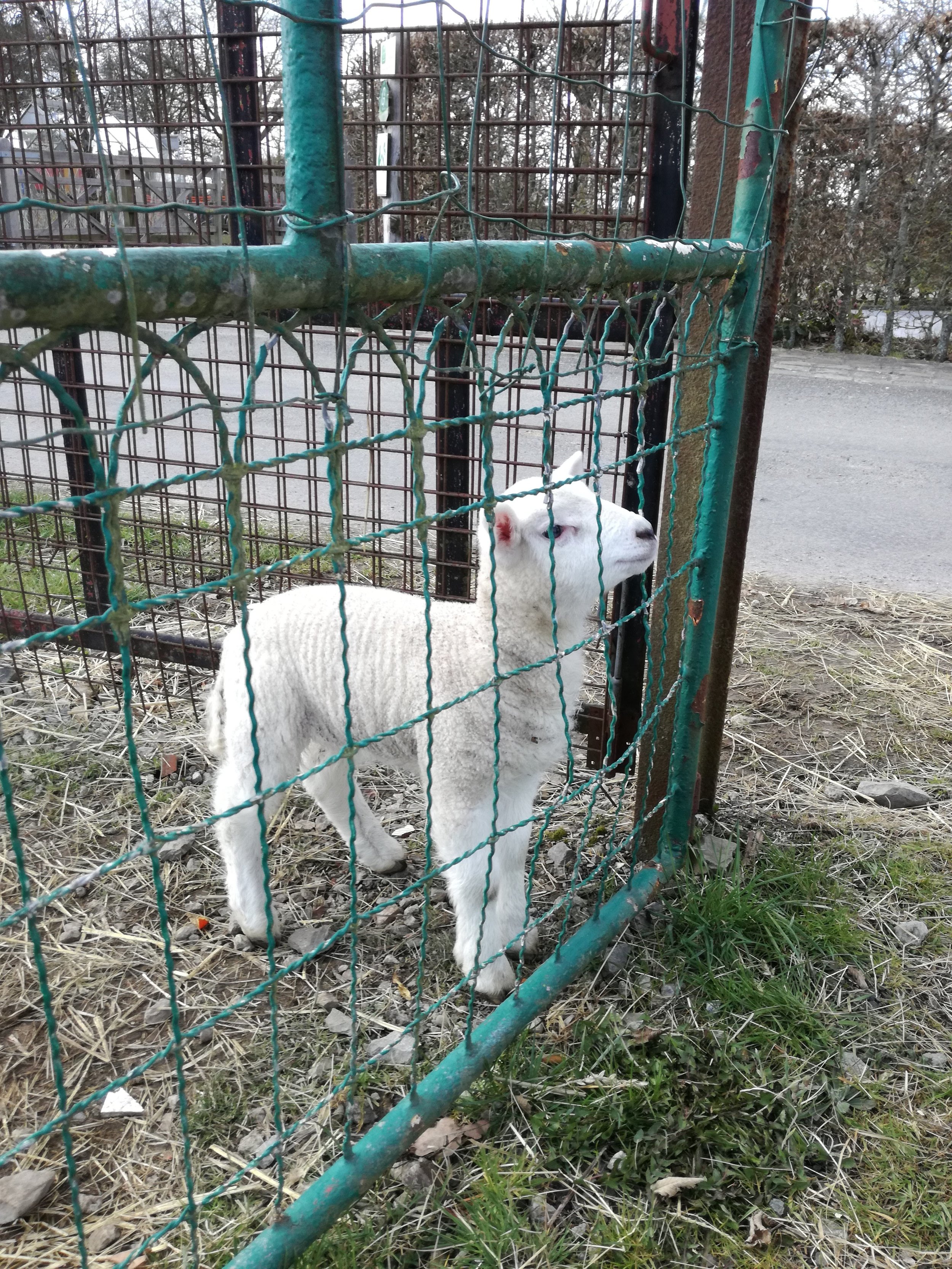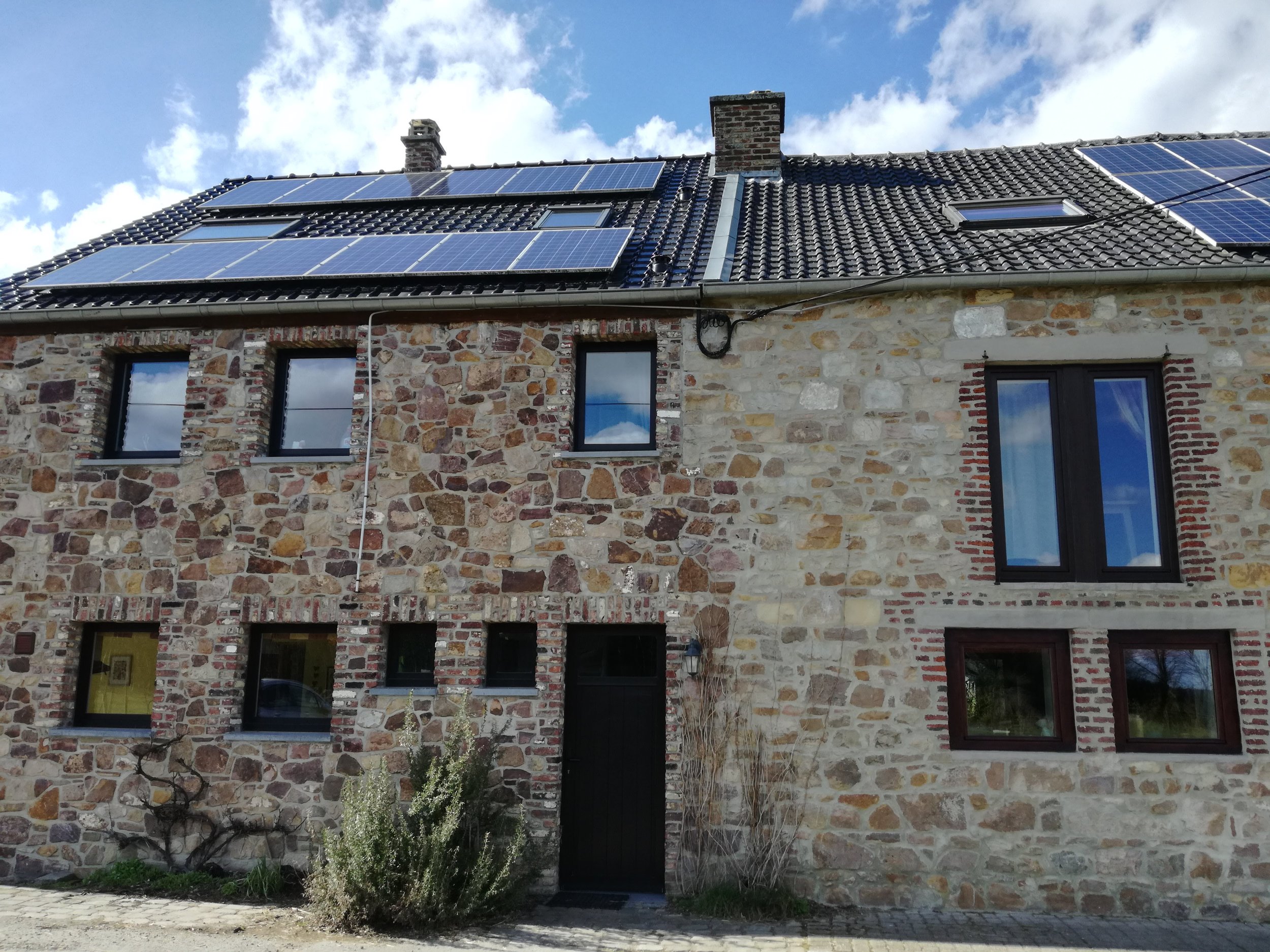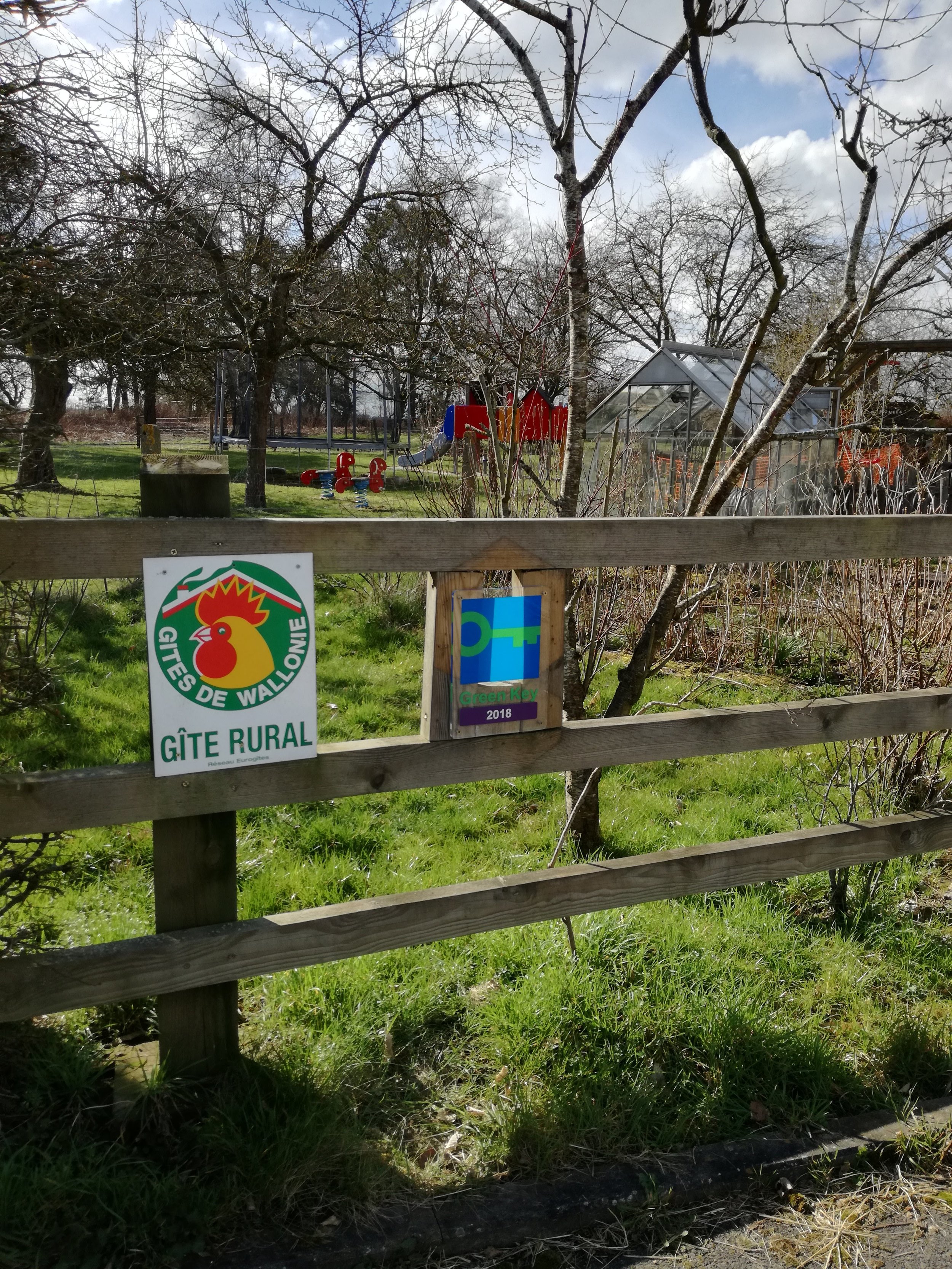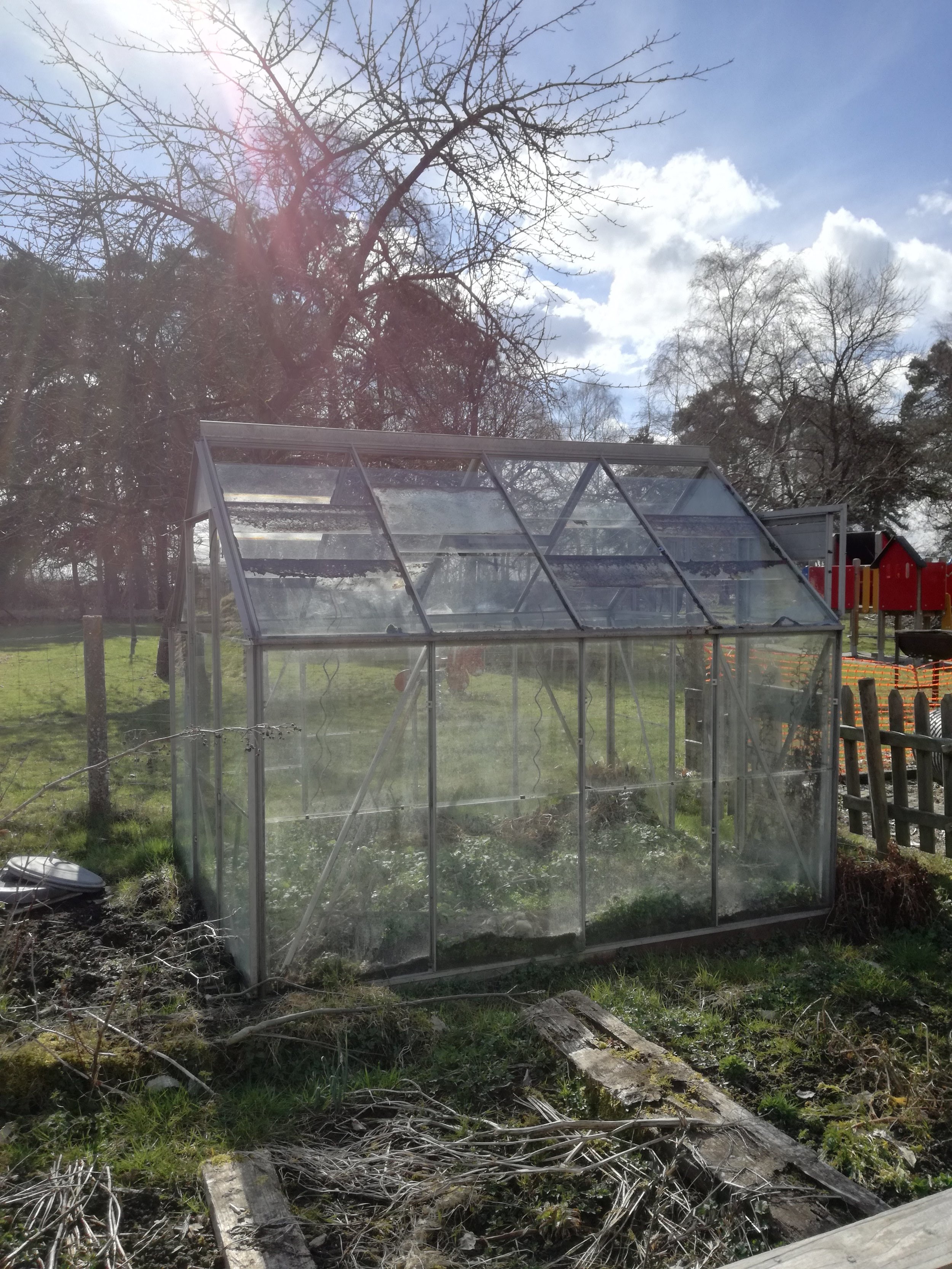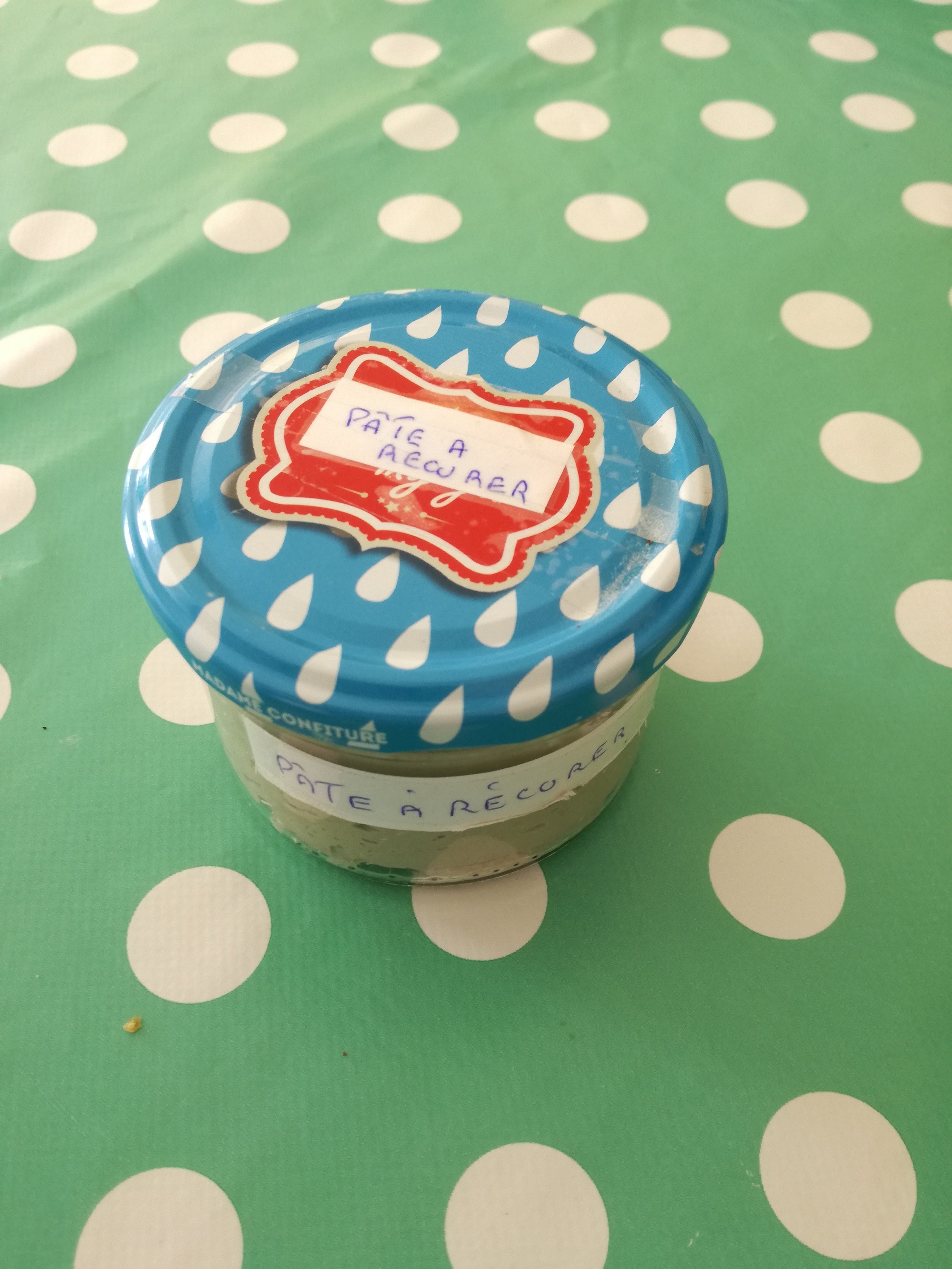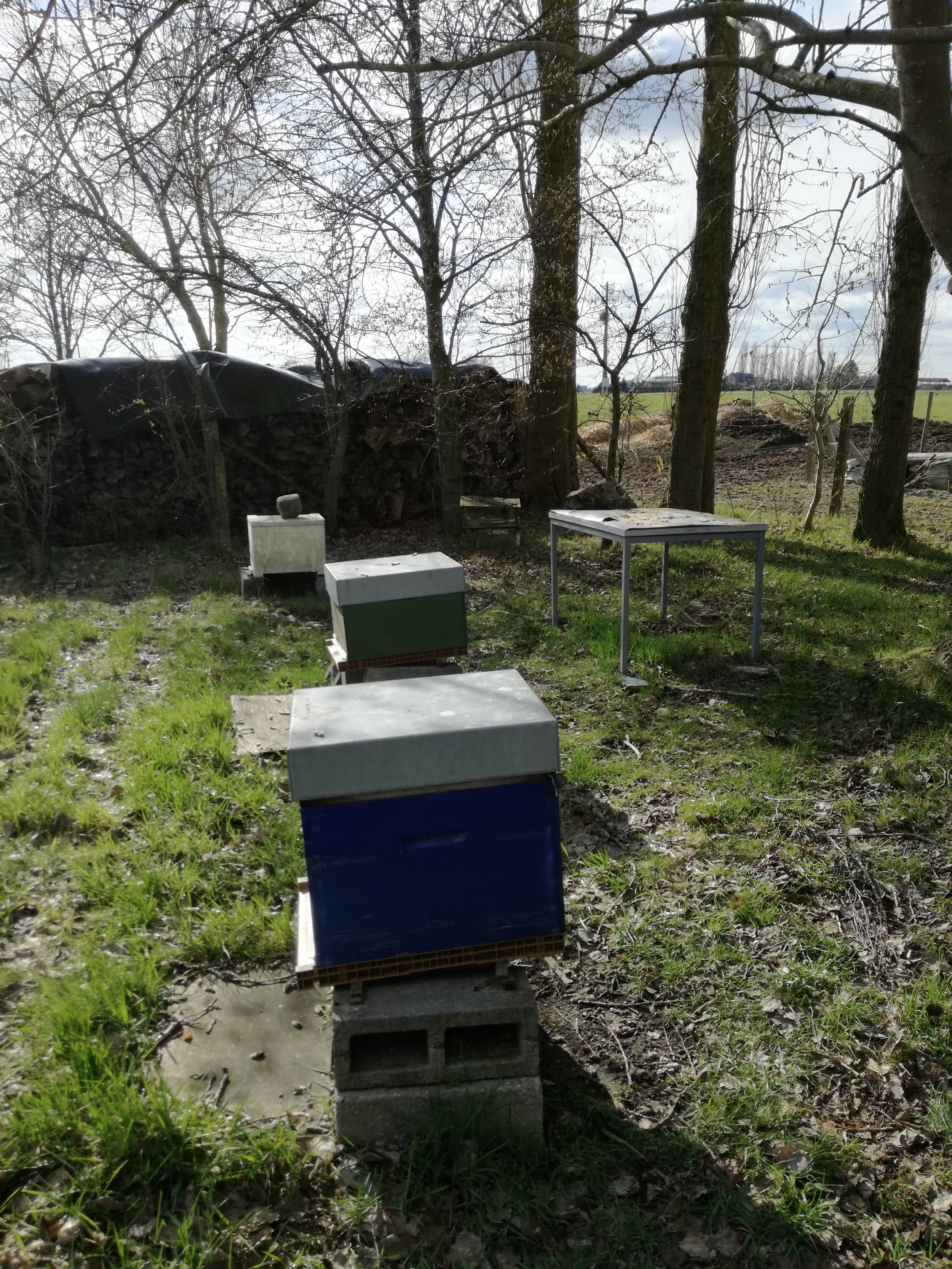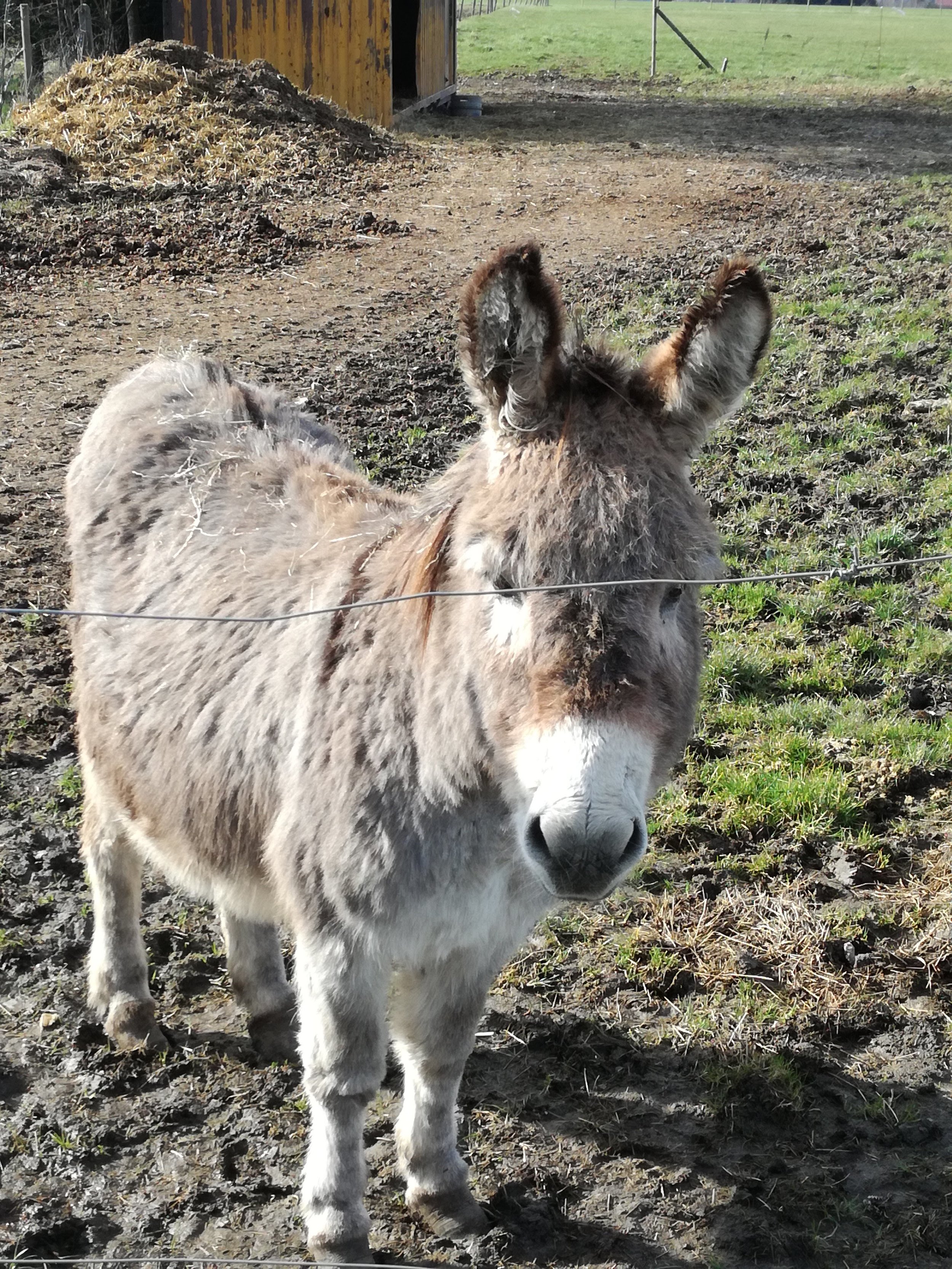A new report from ITP – the International Tourism Partnership – highlights the six steps hotels and hotel groups need to take to embed water stewardship throughout their property and portfolio.
Released on World Water Day, the Water Stewardship Report outlines the reasons why hotels need to act on water and the six simple steps they can take to ensure they’re doing everything they can to protect this vital resource.
With just a few months to go before authorities are forced to switch off the water supply in Cape Town, South Africa, water crises around the world are thrown into sharp relief. Forty percent of the world’s population suffers water shortages for at least one month each year. For hoteliers, these are critical concerns. If there’s no water, there’s essentially no hotel.
Meanwhile, those countries which are forecast to have the highest water stress in coming years are also amongst those with the greatest tourism growth, putting hotel companies at the forefront of current and future water challenges, including water scarcity, pollution, access to clean water, sanitation and hygiene (WASH), extreme weather events and governance.
But it’s a complex issue. Whilst water is a global concern, water resources can only be managed at a local level, making corporate water management tricky for multinational hotel companies. ITP’s guidance aims to bridge the gap between local water issues and company-wide water policies by recommending six steps essential to any corporate water stewardship strategy.
Last year ITP launched four Goals for the hotel industry for 2030. ITP’s Goals, aligned with the United Nations Global Goals, include a Goal for water:
To improve water stewardship across the industry, ITP members commit to embedding water stewardship programmes across their hotel portfolios as a means of reducing the number of people affected by water scarcity. Members also support improved water-use efficiency, sustainable withdrawals and supply of freshwater to address water scarcity.
ITP sees its role now as supporting its members and the wider industry on the journey to achieving the Goals, and the report represents their understanding of the global water risk, hotels’ role as global operators and high consumers, and the steps they must take to become responsible water stewards and good neighbours.
The guidance is backed up by new research from ITP sponsored by Ecolab with Greenview’s expertise due to be released later this year, which reveals the huge disconnect in the hotel industry between current water cost and water risk valuation. The research shows that not only are most of the top hotel growth markets located in destinations with high water stress and an undervalued cost of water (e.g. China and Southeast Asia), but also the most water-intense hotel regions in the world have the highest risk of water cost increase. The index uses actual data from key hotel markets for stakeholders including hotel owners and developers, as well as destination managers, to contemplate the full risk of aggregate hotel development to their own bottom line.
Announcing ITP’s Water Stewardship Report, Nicolas Perin, ITP’s Programme Manager said, “Without water hotels simply cannot operate, therefore it is in the companies’ own interests to embed water stewardship throughout their portfolio and for their future development. Water stewardship in hotels addresses the physical, health, regulative, reputational and financial risks hotel companies will increasingly face. Our latest guidance and research insights provide hotel companies with evidence-based information on how much water risk may impact and cost their properties in future years with an unprecedented level of detail in the industry.
“We’re making the report public on World Water Day as our charitable remit invites us to share this knowledge, understanding and these best practice examples with the wider industry to help us all achieve more in support of the Global Goal on water than we can by working alone.”
Research shows a hotel can consume up to 1,500 litres daily per occupied room, and in some countries, guests use ten times or more water than is typical for local people, therefore hotels have a particular responsibility to improve their performance on the water and embed practices which seek to reduce their water footprint.
The six steps for hotels to action an effective water strategy are:
- Understand your relationship with water, including quantifying your current and future water use, identifying its sources, impact and dependencies and sharing that information through reporting and engagement with local stakeholders. ITP provides research, tools and benchmarking to help hotel companies through this step.
- Set targets and create a plan of action. Prioritise areas where the best impact can be made and define long-term targets based on science and local contexts. Set indicators for progress with trackable metrics and transparent performance indicators that each property can report against.
- Manage water sustainably in your operations. Identify water efficiencies at the property level, ensure adequate wastewater treatment, reduce your pressure on freshwater resources by recycling water and involve your staff and guests to support your water stewardship measures.
- Work with suppliers on water. Analyse products and services of highest spending and engage with suppliers regarding their water stewardship to better identify and address your indirect impacts on water in basins where they are operating.
- Build resilience to extreme events and water shortages. A water stewardship strategy should include procedures and provisions to provide immediate relief effort, address recovery needs and help mitigate against future occurrences of extreme weather events. Properties should focus on improving their resilience to floods, manage their freshwater supply and protect local communities when disaster strikes.
- Collaborate on sustainable water management. Any hotel can impact on the quality of water and on other water users. Hotels need to understand the local water risks and opportunities, engage with existing water initiatives, share information with the public sector and other water users, and support access to clean water, health and sanitation.
ITP provides a range of free resources for the hotel industry to use to improve its performance on the water. Hotels are invited to:
Source: Green Hotelier








